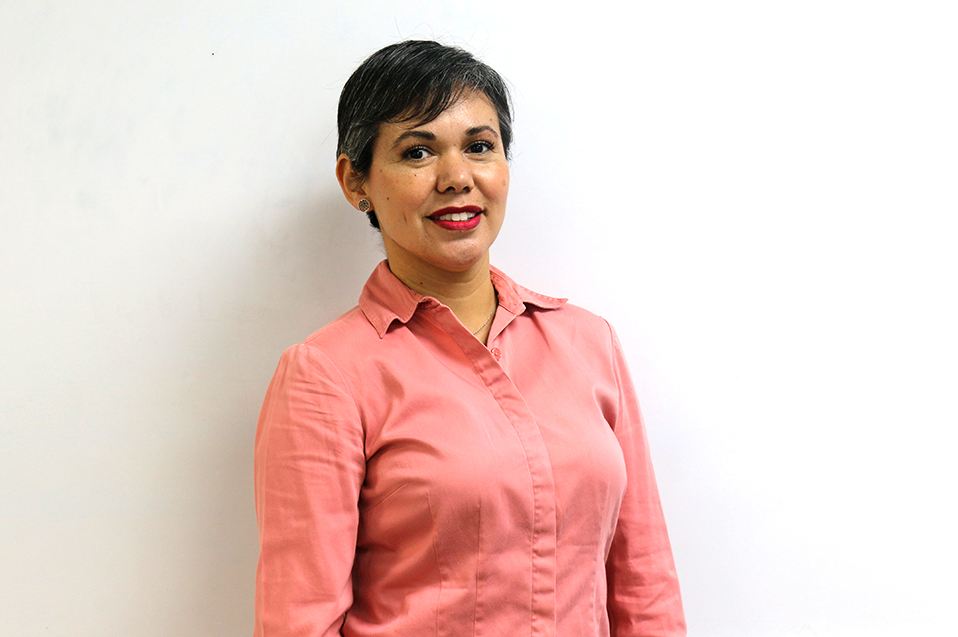Addressing the needs of women who experience debilitating conditions related to
menstruation or menopause is essential for fostering equity and well-being in the
workplace, explains Dr. Patricia Páez, Coordinator of the Mental Health and
Psychological Well-being Program at CETYS University.
«These conditions can lead to debilitating symptoms such as pain, fatigue, and
emotional distress, significantly affecting productivity and quality of life. By
acknowledging and addressing these specific needs, employers can create a more
inclusive and supportive work environment, which in turn enhances job satisfaction for
female employees,» Dr. Páez says.
Dr. Páez, who teaches Human Resources in the Master’s in Education programs at
CETYS Ensenada and Tijuana, points out that addressing these conditions benefits
women’s overall well-being and mental health. Reducing the stigma around
menstruation and menopause can help alleviate stress and anxiety, making women feel
more comfortable and supported in their work environment.
«Providing flexible work options, sick leave, or adjustments to the workplace can assist
women in managing their symptoms more effectively, leading to increased productivity
and decreased absenteeism. Furthermore, a proactive and empathetic approach from
employers can build trust and loyalty among employees, contributing to a positive work
atmosphere.»
Dr. Páez recommends that employers adopt inclusive and supportive policies that
address the needs of women dealing with these conditions. This might include offering
private spaces for rest, flexible working hours, or remote work options, as well as raising
awareness among staff about these issues.
She also emphasizes the importance of creating a culture of understanding and support
where employees feel comfortable discussing their needs without fear of negative
consequences. This not only improves the health and well-being of the workforce but
also helps build a more fair and productive work environment.
«A recent survey in the United States found that only 17% of employers provide benefits
related to menopause, and just 2% offer leave for menstruation or menopause beyond
standard sick days. In our country, a bill on dignified menstruation is currently under
review and has already been approved in some states, such as Nuevo León.»
Finally, Dr. Páez notes that while this is a significant first step, the next focus should be
on demystifying menopause in the workplace. «It’s important to remember that over 5
million women aged 45 to 54—those most likely to experience menopausal
symptoms—are part of our workforce. It’s time to broaden our perspective on this
important issue.»










Leave your comment